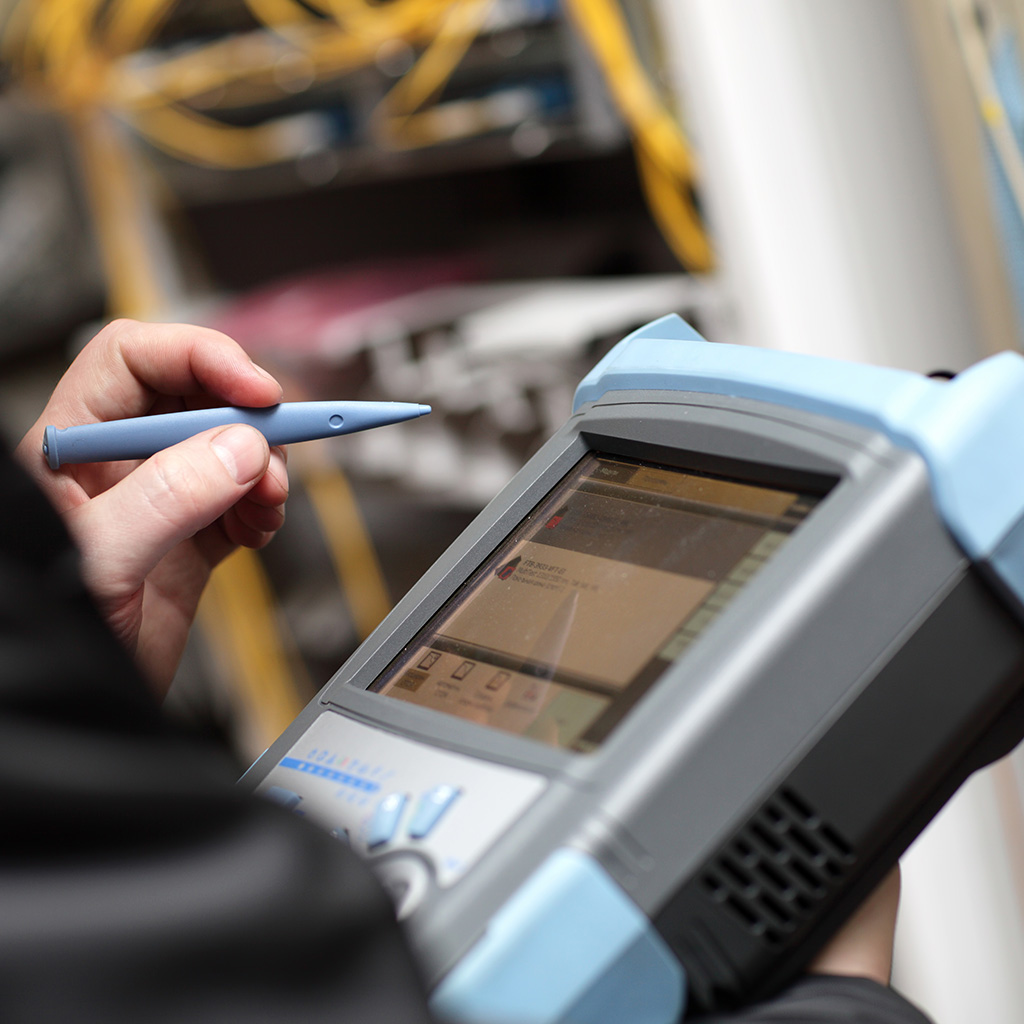Current Discussions: Frequent Fallacies Concerning Electrical System Evaluations

Electrical reviews are essential in ensuring protection and effectiveness of both residential and business properties. Even though they are important, many false beliefs surround this subject, leading property owners and entrepreneurs alike to neglect the necessity of routine inspections. This article intends to address common misunderstandings about electrical inspections and emphasize why they are important for safeguarding your residence and financial interests.
From understanding what an electrical inspection involves to knowing how regularly you should book one, we will cover key aspects that all should be informed about. Electrical systems can be intricate, and incorrect installations or outdated wiring can lead to significant safety hazards, including fire hazards. By debunking these myths, we hope to empower readers to make informed decisions regarding their electrical systems and focus on their safety and energy effectiveness.
Understanding Electrical Energy Evaluations

Energy evaluations represent thorough evaluations of a building's electrical infrastructure to confirm they comply with safety regulations and follow regional regulations. These assessments are vital for detecting latent risks, maintaining secure functioning, and maintaining the stability of the electrical infrastructure. An inspection generally covers cabling, control boxes, outlets, and protective equipment to confirm the system operates correctly and securely.
The value of an power inspection is critical. It is an essential part of upkeeping a safe setting in any residential or business setting. Regular evaluations can avert electrical fires, minimize the chance of electric shock, and assist in guaranteeing that the electrical infrastructure is efficient and trustworthy. They prove to be particularly vital when buying a recently constructed house, during significant modifications, or when the structure features outdated wiring.
In furthermore to security considerations, electrical evaluations typically play a role in insurance needs. Many insurance providers may demand evidence of a recent evaluation or order that certain enhancements are made. Understanding more info can enable property owners and entrepreneurs organize sufficiently, guaranteeing a more efficient and more productive inspection of their electrical infrastructure.
Frequent Problems and Guidelines
During electrical evaluations, various recurring problems often arise that can jeopardize the safety and efficiency of electrical systems. One frequent concern is the existence of outdated wiring, which may not meet current regulatory standards. This can lead to overheating and increase the risk of fire. Additionally, improper grounding is a common infraction that can affect the overall safety of the electrical system. Inspections help identify these risks and ensure that any necessary improvements are made to comply with current regulations.
Another recurring issue during inspections is the use of poor-quality or faulty materials. For example, faulty outlets and switches, frayed wires, or improperly installed fixtures are all problems that inspectors regularly encounter. These defects can create risks, including shock incidents or fires, and must be addressed promptly. Understanding https://squareblogs.net/koreanattic64/guidelines-for-vital-suggestions-on-electrical-assessments can help homeowners in advance address issues before they escalate into serious risks.
Furthermore, adherence to electrical codes is essential during inspections. These codes are designed to ensure safe electrical practices across different environments, whether for houses or commercial properties. Inspectors evaluate whether installations have been carried out according to these standards, which can vary by location and kind of establishment. This regulatory framework helps protect both humans and real estate by minimizing the potential for power outages.
Security and Compliance Factors
Electrical inspections play a vital role in ensuring the security and adherence of residential and business properties. These inspections are crafted to find potential dangers that could cause electrical shocks, short circuits, or even fires. By following safety standards, property owners can significantly reduce the risk of accidents, safeguard their families, and maintain the integrity of their electrical systems.
Additionally, compliance with local codes and regulations is essential for legislative and financial reasons. Not to meet these requirements can result in fines, penalties, and issues with insurance claims. Regular inspections help ensure that electrical systems are in compliance with regulations and any necessary upgrades or repairs are swiftly handled. This not only protects the property value but also secures the property owner’s investment.
Lastly, engaging in electrical inspections promotes tranquility. Knowing that a qualified professional has thoroughly evaluated the property’s electrical system allows homeowners to feel confident in the safety of their environment. This is particularly important for landlords and property managers who have a responsibility to maintain safe living conditions for tenants. Regular inspections foster a culture of safety and responsibility that advantages everyone involved.
